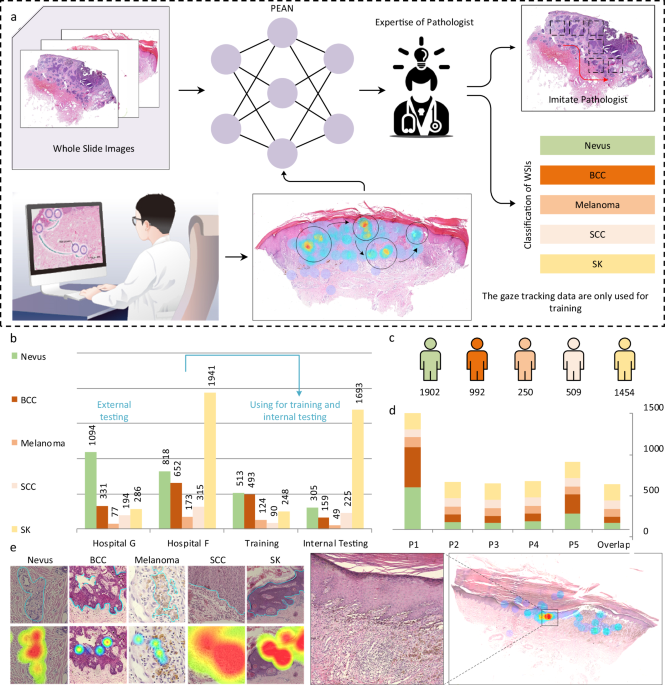Top Skills for the AI Era: What Tech Executives Say You Should Learn - Business Insider
Whether you're just entering the workforce or decades into your career, chances are your job is evolving — or will be soon.
A recent Salesforce study suggested that with agentic AI adoption expected to grow 327% by 2027, chief human resource officers expect to re-deploy 23% of their workforce in the next two years. While 61% of the workforce is expected to stay in their roles, those jobs are also expected to change, the report said.
Some tech CEOs still believe that foundational knowledge in areas like coding remains important. However, other skills are rising in importance and reshaping what it takes to thrive in the workplace.
In January's World Economic Forum's Future of Jobs Report, 86% of employers said they believe that technological advancements will transform their businesses over the next five years. This shift is projected to result in a decline in some roles and growth in others, while also increasing demand for skills in AI and big data, cybersecurity, and technological literacy.
Business Insider asked eight tech executives about the top skills job seekers — and all employees — should have in the age of AI.
Here are three tips they shared:
The age of the Renaissance person may be returning.
Cognizant CEO Ravi Kumar told Business Insider in an interview that the world is shifting toward an era where "deep expertise will be less valued." He said those who merge specific knowledge in one domain with technological capabilities will be more relevant than those with narrow expertise in one area.
Kumar said that a history major who can leverage AI tools to apply historical insights to future scenarios, for instance, will be a stronger historian in today's market than someone who can solely speak to a historical period.
Similarly, Cloudflare CEO Matthew Prince told BI that as cybersecurity is increasingly embedded into other platforms, the company is focused on recruiting talent with a diverse skillset.
"We're trying to find people who have a broad set of skills and can be general," Prince told BI.
Other cybersecurity executives have also previously told BI that while foundational skills in data and IT are important, soft skills and adaptability are key to the job.
When many executives talk about AI tools, they emphasize the expectation that employees will have more time for "deep work." Dropbox VP of product and growth Morgan Brown defines this as uninterrupted time dedicated to "expansive thinking" about new ideas.
"The quality of ideas that we're going to be able to get people to think about because they will have time — rather than just tactically going out and fixing bugs — might actually enhance not just the output capacity, but also the satisfaction that someone gets from a job," Cisco executive Jeetu Patel said in a recent conversation about shifts in engineering.
Brown added that with AI efficiency gains, product rollouts are moving at a much faster pace, which allows employees to turn ideas into reality more quickly, Brown said.
Cisco executive vice president and chief customer experience officer Liz Centoni echoed the sentiment in a March interview with BI. She said that being able to think creatively is vital.
"I want someone in there who's sitting with the subject matter experts who can not just understand the problem, but look at how can we creatively craft a solution," Centoni said.
Most people know how to ask ChatGPT for answers to basic questions, but prompt engineering is a more complex skill. Google Cloud executive Yasmeen Ahmad told BI that people need to know the kind of questions to ask, what kind of data is available, and how to craft their queries effectively.
Successful workers will be able to "interact with these new-age tools and be able to prompt to engineer and ask the right questions and interact in this flow that hasn't been there before," Ahmad said.
Google Cloud CTO Will Grannis told BI that to stay current, employees need to look "beyond the formal curriculum." That means following your curiosity and using available AI tools to "vibe code," or use AI to generate code. While prompt engineering is important, he said job seekers need to be skilled in context engineering as well, which means knowing the larger systems at play.
AI literacy also requires effectively interacting with agents, said Salesforce talent executive Lori Castillo Martinez in a recent interview with Business Insider. The executive told BI that employees need to know when to use agents and how to communicate with them.
Patel also told BI that orchestrating agent workflows is a crucial skill that will be "super important." That includes assigning work to agents and overseeing their progress.










